Kashrus Kurrents, Fall 2020
It is an understatement to say that we as a global society are going through unprecedented times. Due to Covid-19, the word ‘unprecedented’ has taken on new and far-reaching connotations. On the lighter side, in the relatively new world of kashrus in the liquor industry, ‘unprecedented’ has become an appropriate term. In general, the world of alcohol has always been shrouded in mystery. However, during the past 25 years, there has been a genuine movement towards greater transparency, and kosher research/analysis has made great strides in revealing the underpinnings of the alluring world of kosher wine and spirits. With the realization that there is significant value in kosher certification, many companies have sought to become certified. As is the case with any company seeking kosher certification, the company must now reveal their ingredients and processes to their kosher certifier. All information is kept confidential under ‘lock and […]

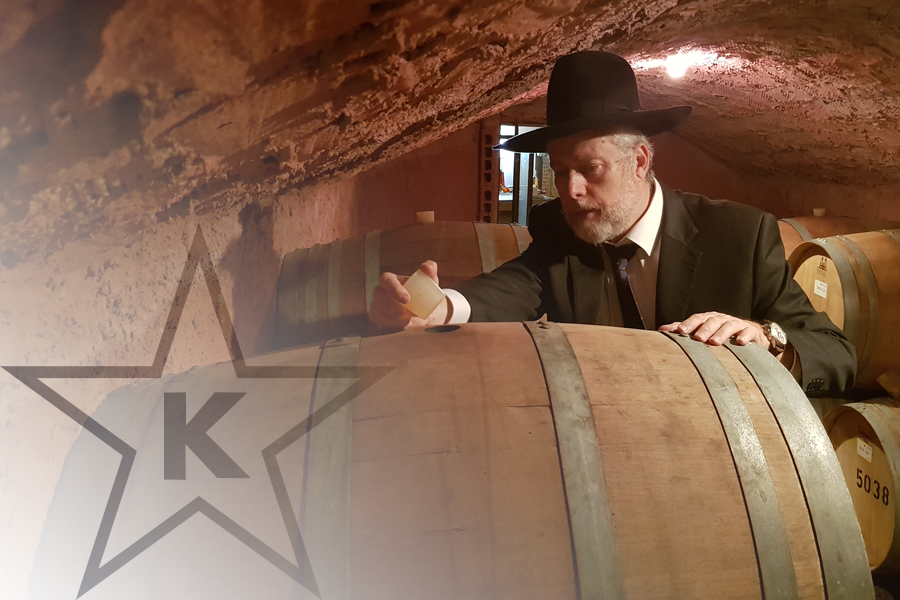

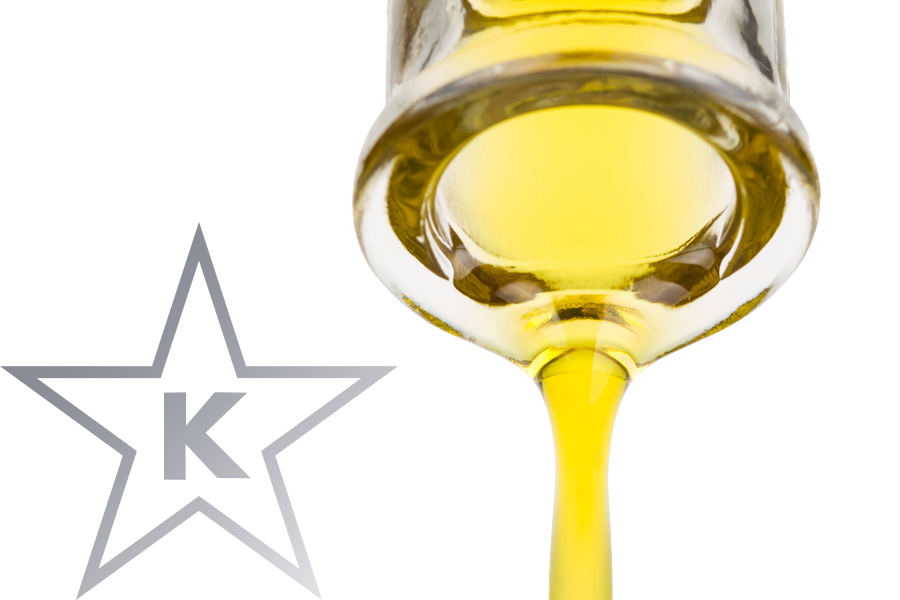

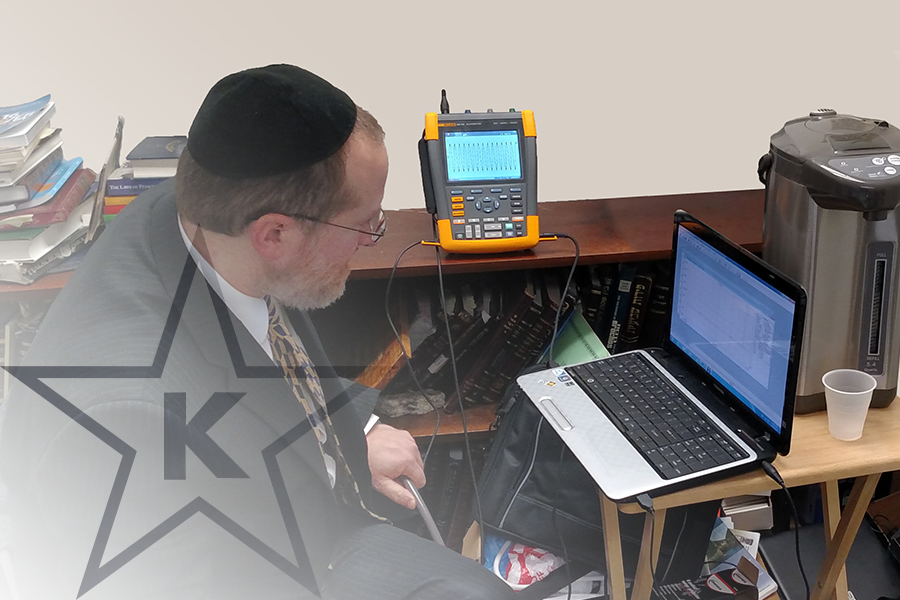
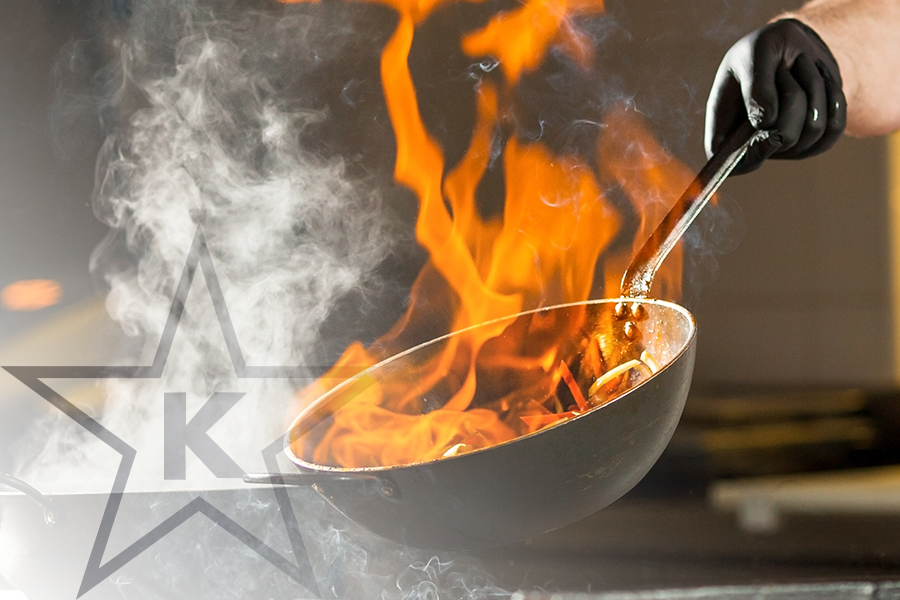
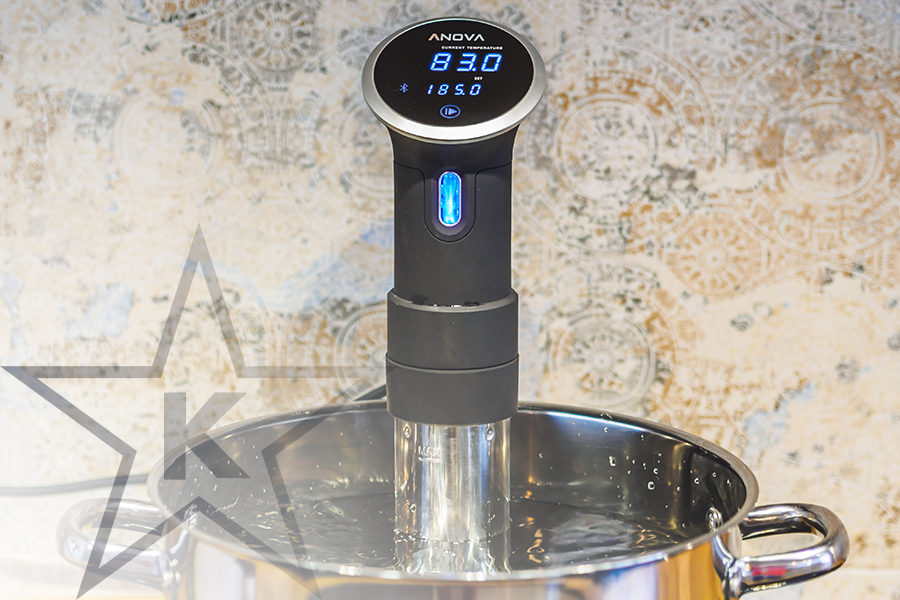
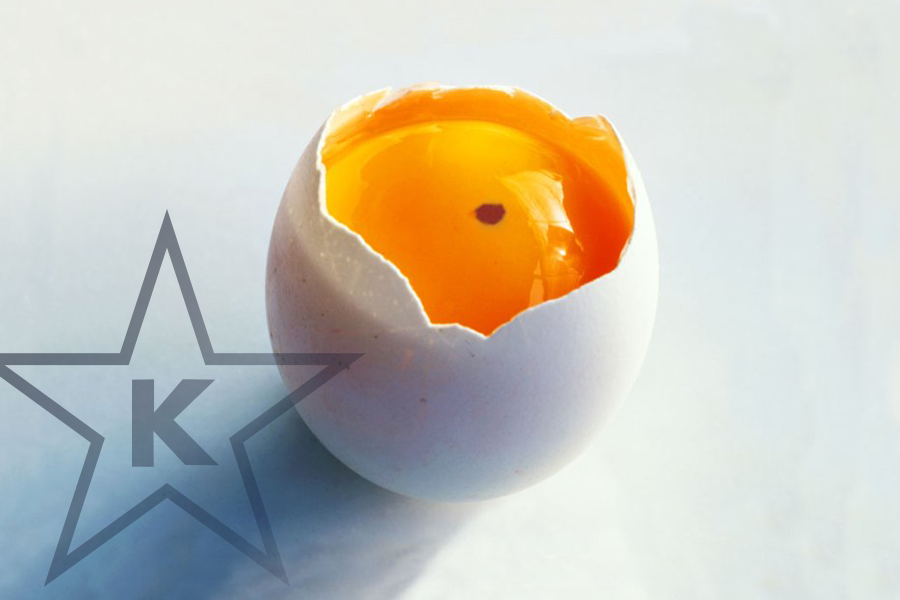
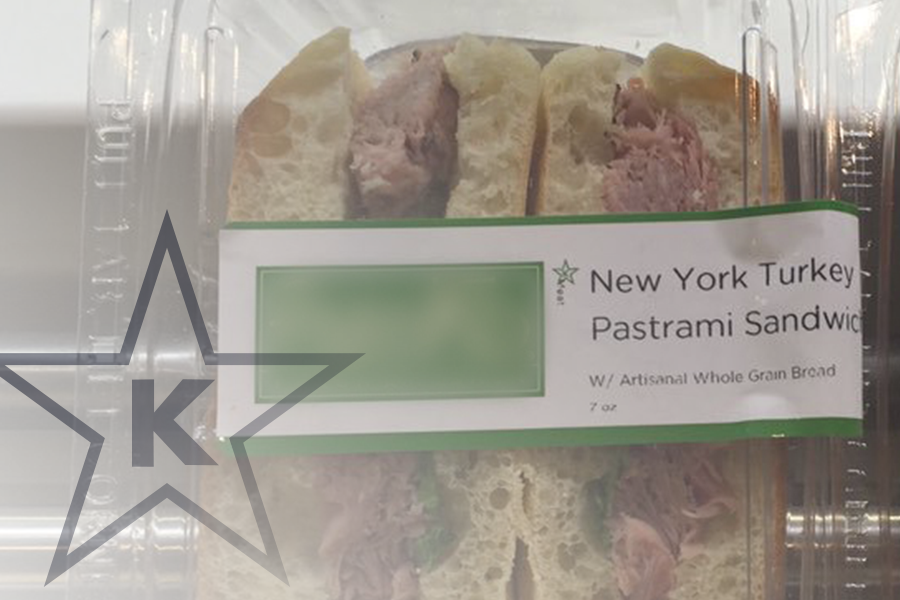
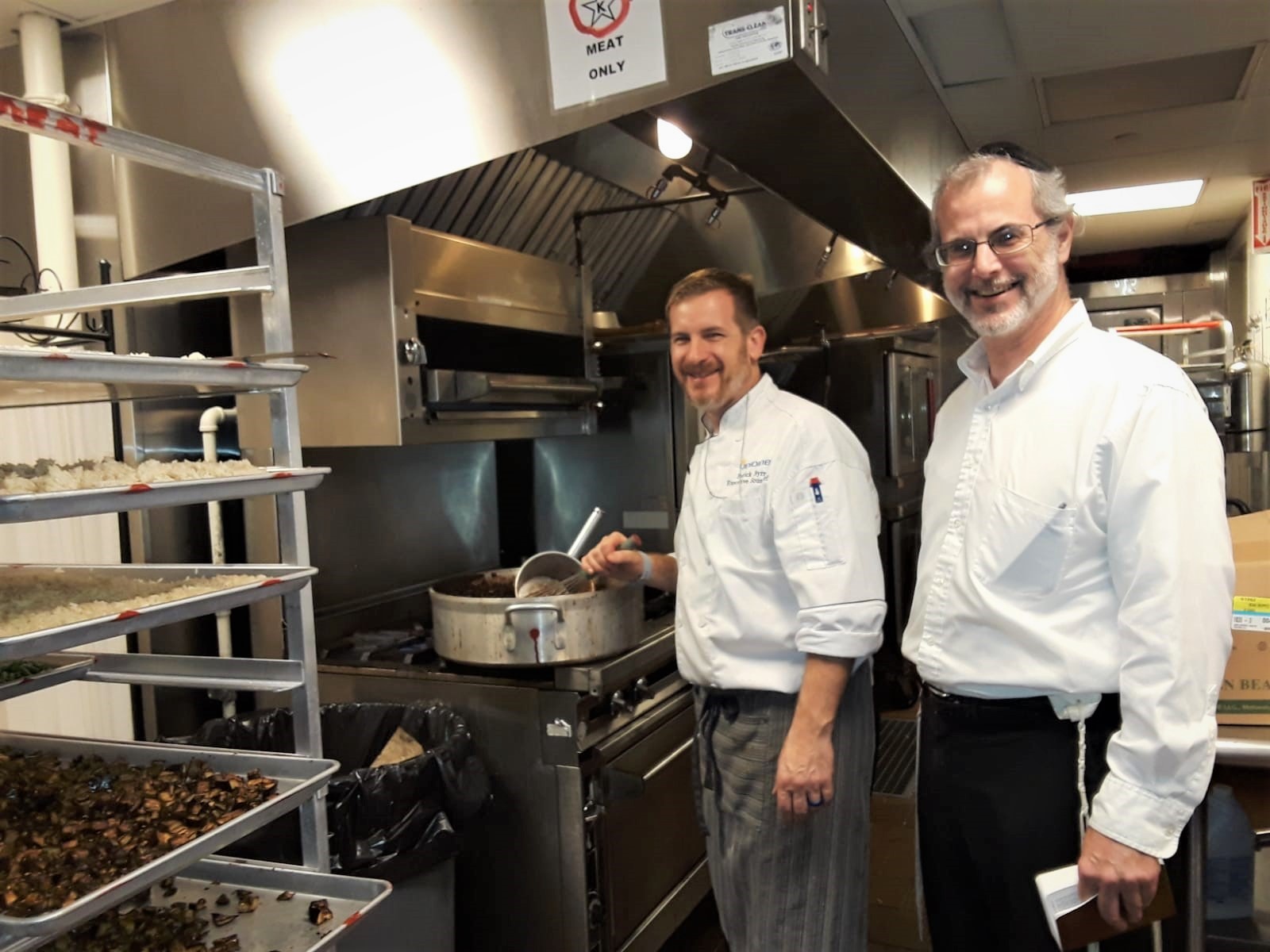

 STAR-D
STAR-D STAR-S
STAR-S